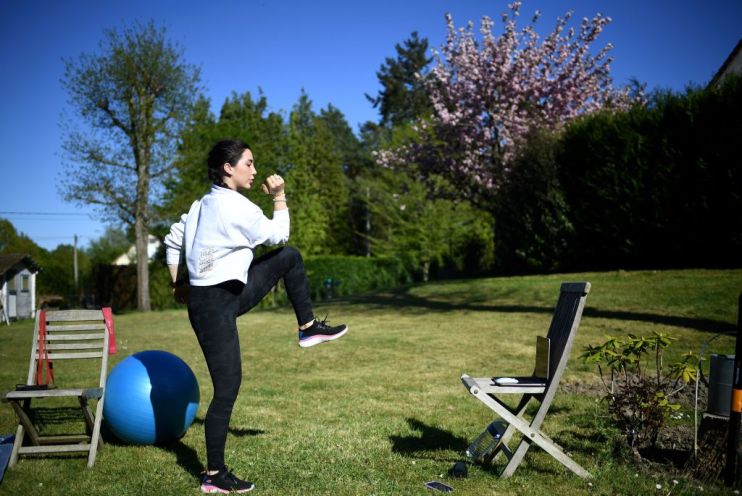Getting small businesses match fit for economic recovery

The coronavirus pandemic is having a profound shock on the economy, with UK GDP dropping by a record 20.4 per cent in April.
Businesses of all sizes have been shaken, with many — especially smaller ones — struggling to survive.
It has also become clear that there is no longer a separate digital economy and traditional economy: digital tools are now at the heart of how every sector operates.
As the government begins to lift restrictions, it is critically important that both the public and private sectors play their part in getting our nation’s small businesses back on track. Their success will be the foundation of our economic recovery.
Facebook is in the business of small business. Millions of UK companies use our products and tools — from big companies to coffee shops, clothes stores and family restaurants — which help them generate billions of pounds in sales across the UK, and export further afield. With so many businesses using our apps during the crisis, Facebook has played a supporting role in limiting the damage to the wider economy.
Take Gavin Eastham, founder of Cobra Life, a martial arts school. Gavin has over 30 years’ experience in martial arts, and a lot of life experience under his black belt too. In February 2018, Gavin found himself homeless for four months. He would spend time in the library, reading about how to start your own business, and in May 2018 that dream became a reality.
Gavin faced adversity again when Covid-19 hit and Cobra Life had to close its doors, but he was quick to pivot and move classes online using Facebook Groups. Attendance and interaction for online classes has been great. And although Cobra Life has taken a dip in membership that has put a strain on the business, Gavin remains optimistic — he is about to launch ads on Facebook, which have proven successful for Cobra Life in the past.
Millions of small independent businesses like Gavin’s have used products across Facebook to pivot their operations online and reach existing and new customers who could no longer attend their favourite class, restaurant or clothes shop.
So to build on our commitment to small businesses, today we’re launching a 12-month partnership with Be the Business, the government-backed productivity movement, to unleash a programme of activity across the country to help reinvigorate SMEs and put them on the road to recovery.
Through our programme of support, we aim to reach the 1.4m SME employers across the UK. The virtual events will provide resilience and education workshops and the latest guidance from government and industry.
We’ve also built a bespoke Facebook Messenger “chatbot” with Be the Business that quickly helps SMEs field the most relevant resources available tailored to their needs. Many entrepreneurs are feeling overwhelmed with information, but what they need is relevant advice for firms in their position. The Messenger Bot will direct them to the most relevant information on financial support, forecasting tools, supply chains, and workforce wellbeing.
Alongside technology, a key component of success for businesses fighting to survive is advertising.
Just a few years ago, advertising was not an option for most small businesses. It was reserved for firms with the biggest marketing budgets to broadly target consumers with large-reach ad campaigns. For small businesses to compete, they need at least some of the advantages larger companies already have. Facebook has helped break down some of those barriers by providing a free digital presence and access to a large national and global audience.
There is no doubt that digital advertising has played a significant role in levelling the playing field and helped build a new economy of small businesses that can compete at a national and global level. For just a few pounds, any startup can effectively target consumers through data driven advertising products, leading to greater competition, greater choice, and the best price for the consumer.
Given that SMEs make up 99 per cent of UK companies, our collective goal in a post-Covid economy should be to create an environment where public and private sectors work together to ensure that they have all the tools they need to thrive and create more jobs. In fact, research conducted by Ipsos Mori found that nearly a quarter of UK businesses said that use of Facebook’s suite of products has enabled them to hire new employees.
Facebook will continue to be a committed partner for small businesses, providing them with the tools and resources they need to help them and the UK economy recover, so our businesses and communities can prosper together.
Main image credit: Getty